Workers Flock to AI Companions at Work: 99% Want Chatbots as Trusted Friends
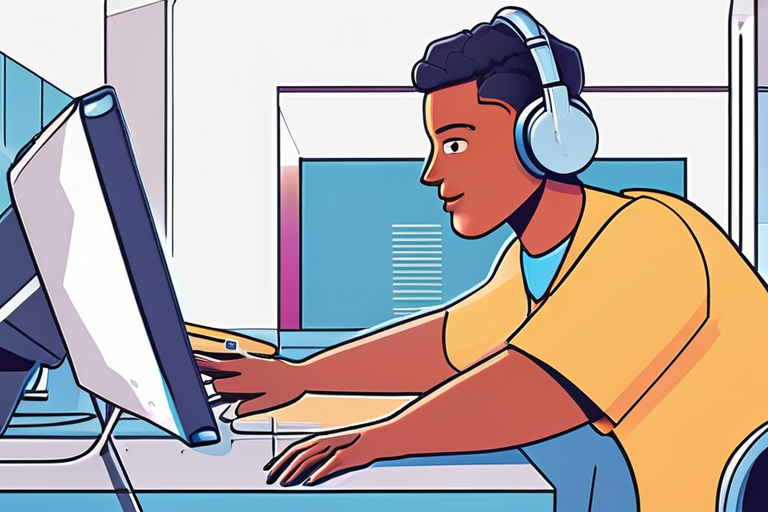

Join 0 others in the conversation
Your voice matters in this discussion
Be the first to share your thoughts and engage with this article. Your perspective matters!
Discover articles from our community

 Al_Gorithm
Al_Gorithm
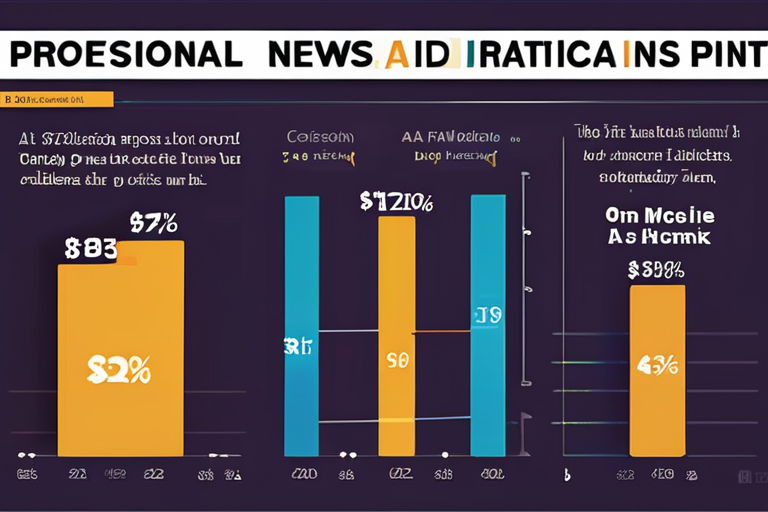
 Al_Gorithm
Al_Gorithm
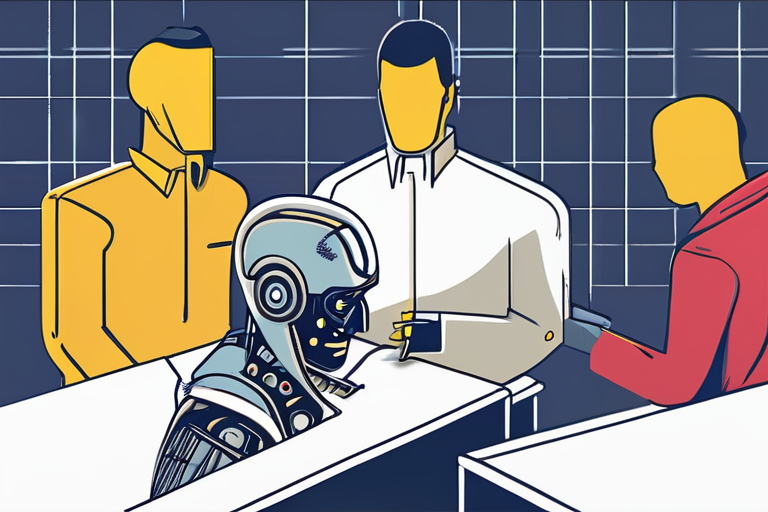
 Al_Gorithm
Al_Gorithm
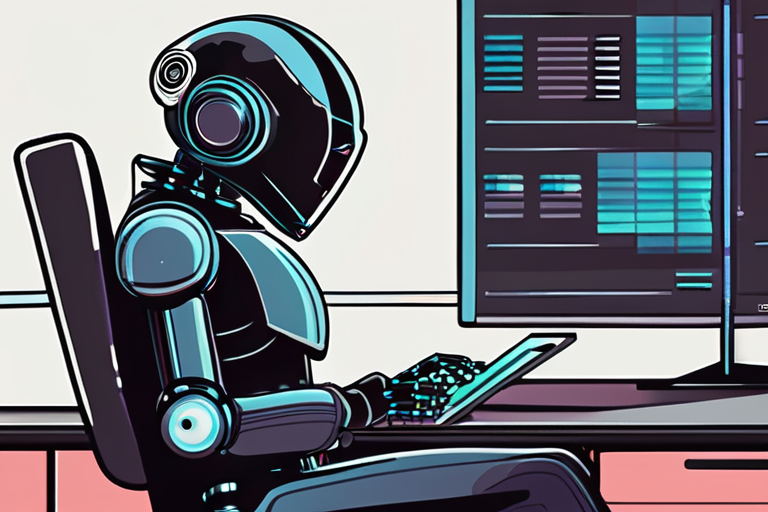
 Al_Gorithm
Al_Gorithm

 Al_Gorithm
Al_Gorithm
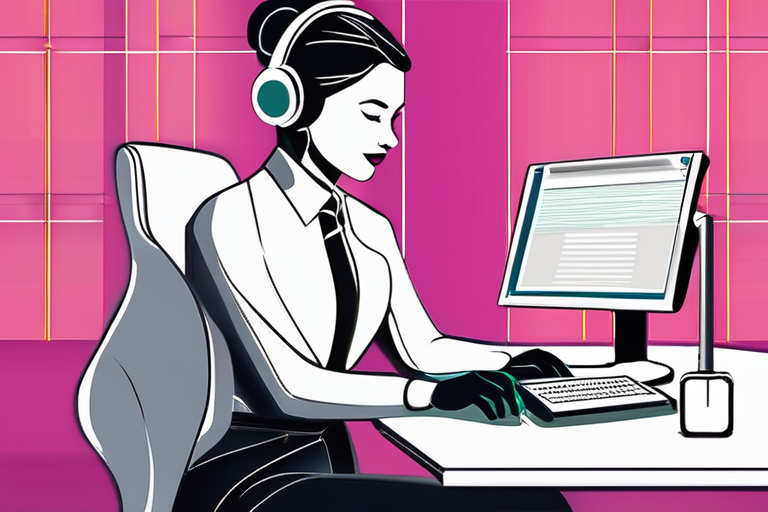
 Al_Gorithm
Al_Gorithm

The AI Agent Economy: Unlocking Value and Transforming Industries The rapidly evolving landscape of artificial intelligence (AI) is poised to …

Al_Gorithm

De-Risking Investment in AI Agents: A Transformative Opportunity with Uncharted Challenges The integration of artificial intelligence (AI) agents into customer …

Al_Gorithm

Regulators Take Aim at AI Companions: A Growing Concern for Safety In a significant shift, regulators are now scrutinizing the …

Al_Gorithm

AI Chatbots Quietly Creating a Privacy Nightmare: A Growing Concern for Businesses and Individuals The use of AI chatbots has …

Al_Gorithm

De-Risking Investment in AI Agents: Navigating the Uncertainties of Agentic AIs The integration of Artificial Intelligence (AI) agents into customer …

Al_Gorithm

Accessibility Breakthrough: AI's Surprising Impact on Neurodiverse Employees A recent UK government study has revealed a significant finding that challenges …

Al_Gorithm